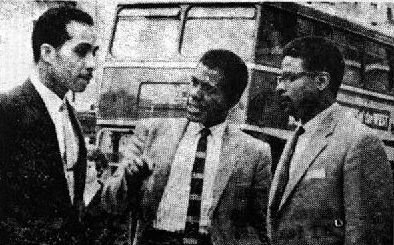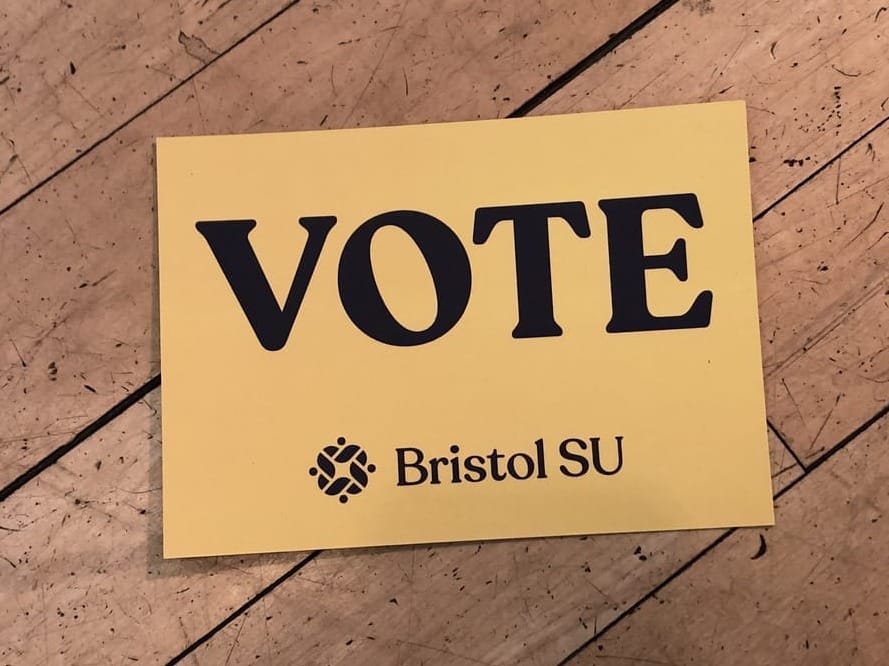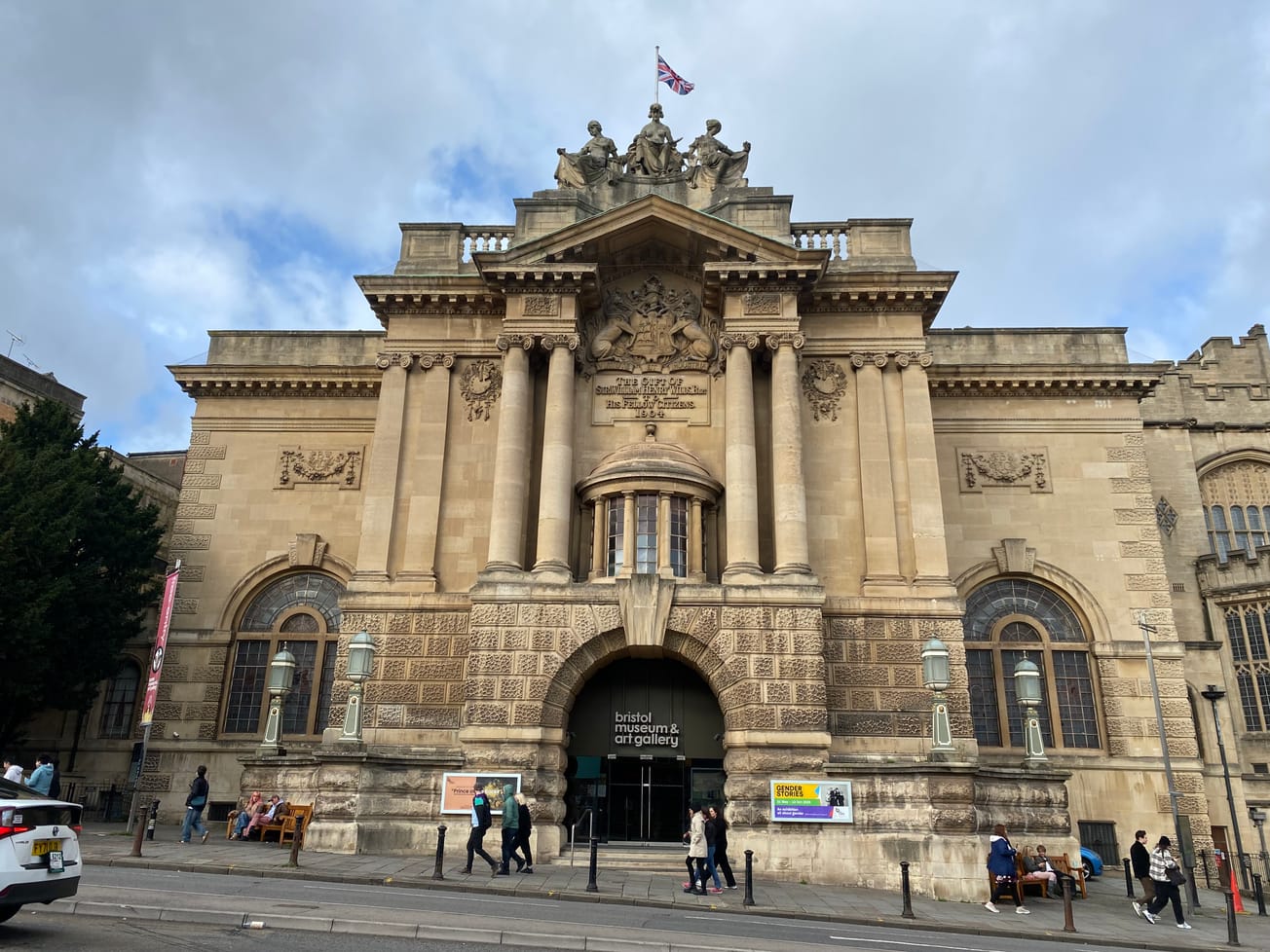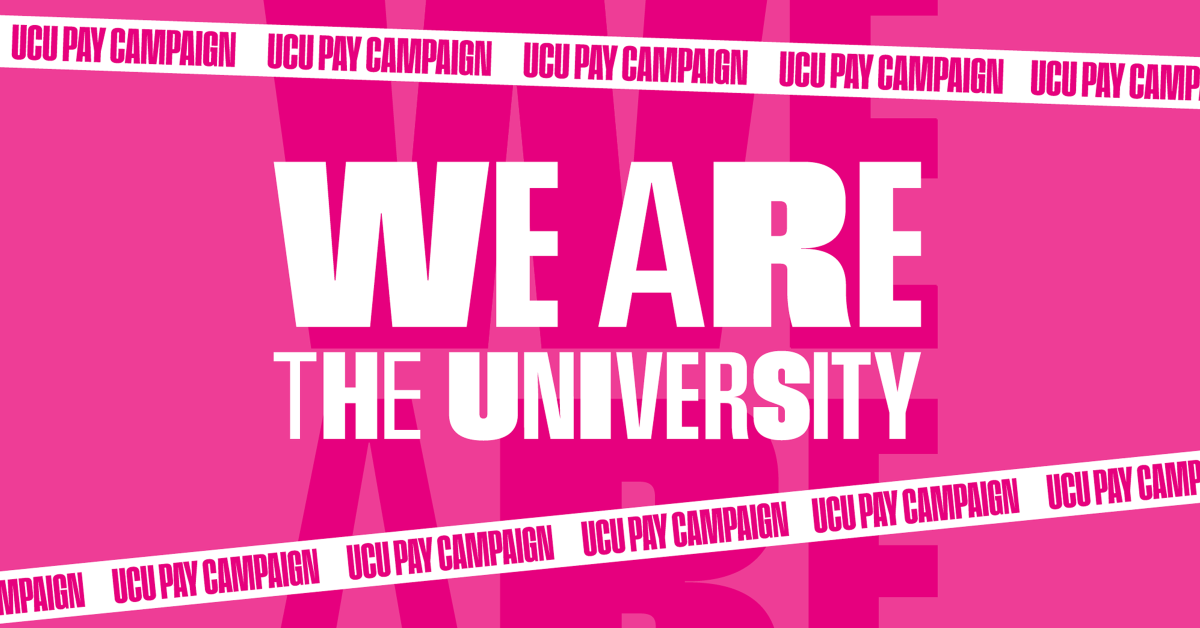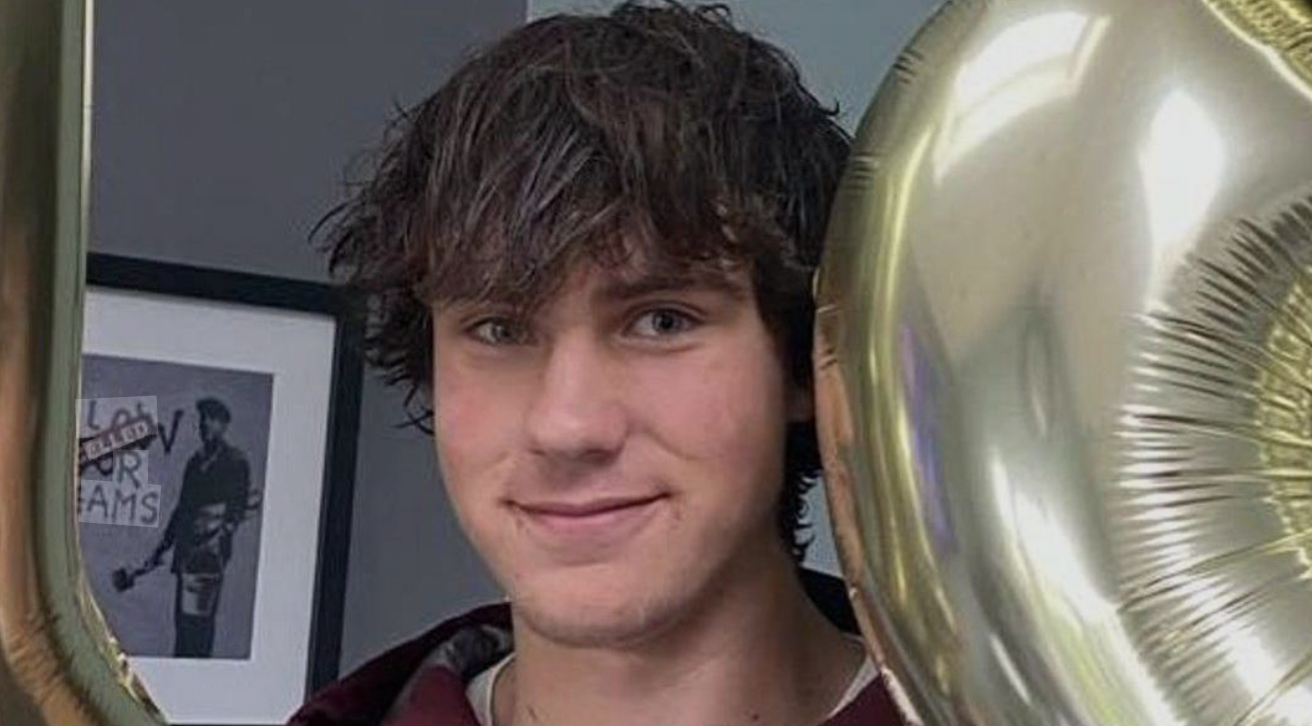By Milan Perera, News Reporter
Roy Hackett, Guy Reid-Bailey, Barbara Dettering, Owen Henry, Audley Evans and Prince Brown are to be granted Freedom of the City; the highest honour the city of Bristol can bestow, for their role in the Bristol Bus Boycott in 1963.
The Bristol Bus Boycott is credited for breaking the “colour bar” in employment recruitment in the UK.
Before this, the Bristol Omnibus Company took the decision to bar Black bus drivers or conductors from employment. Although this measure was an affront to the principles of fairness and meritocracy, it was not without precedence. The Transport and General Workers’ Union (TGWU), a quasi-Marxist trade union, had passed a resolution in 1955 stipulating that no Black workers would be employed as bus crew.
The boycott was triggered when Guy Reid-Bailey, a Jamaican youth, was refused recruitment as a bus conductor although he was eminently qualified for the vacancy. Reid-Bailey was told that the vacancy was no longer available after employers had realised Reid-Bailey was Black when coming for an interview. Paul Stephenson, a youth social worker from London who had also been working in Bristol at the time, closely monitored the events that unfolded.
Stephenson, greatly inspired by the 1955 Montgomery Bus Boycott in Alabama, challenged and publicised the racially biased employment practices of the BOC along with Roy Hackett, Guy Reid-Bailey, Owen Henry, Audley Evans and Prince Brown of the West Indian Development Council.
Barbara Dettering, although not as widely known as Paul Stephenson or Roy Hackett was nevertheless a formidable force during this period and used her experience as a teacher to help educate young children to overcome existing prejudices . She is immortalised in the mural 'The Seven Saints of St Pauls' by artist Michele Curtis in 2018 in Bristol.
The leaders of the Bristol Bus Boycott successfully managed to spearhead a four-month protest which initiated a grassroots civil rights movement to change face of race relations and were undeterred by existing practices.
A large group of students and lecturers from the University of Bristol marched carrying banners towards the Bristol Bus Station amidst jeers and boos from the staff working there.
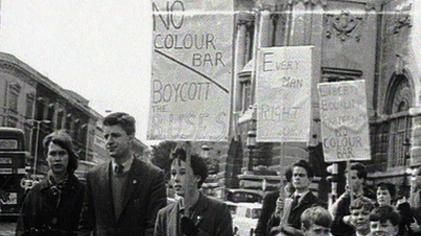
Amidst mounting pressure to reform their recruitment policy , The Bristol Omnibus Company finally relented and agreed to end the 'colour bar' on Aug.28, 1963; the same day the Rev. Martin Luther King Jr. gave his famous “I Have a Dream” speech from the Lincoln Memorial in Washington, D.C.
The chain of events triggered by the Bristol Bus Boycott led to the 1965 Race Relations Act which made 'racial discrimination unlawful in public places'. Further, the 1968 Race Relations Act made the racial housing and employment practices illegal.
The Lord Mayor has written an apology to Guy Reid-Bailey for his treatment at the hands of the Bristol Omnibus Company.
Freedom of the City status will be granted to Roy Hackett OBE, Guy Reid-Bailey OBE, Barbara Dettering, Owen Henry, Audley Evans, and Prince Brown at a full council meeting on 13 December.
These honours will be bestowed posthumously with the exception of Guy Reid-Bailey and Barbara Dettering. In August 2022, Roy Hackett passed away at the age of 93 while Paul Stephenson OBE was granted the Freedom of the City in 2007.
The lasting legacy and the history surrounding the Bristol Bus Boycott are an indication on how communities can collectively break down the monolith of institutionalised racism. Speaking in 2018, the Bristol based historian and broadcaster David Olusoga pointed out that 'In the context of the times, this was an incredibly important and dignified protest, carefully linked to the wider civil rights struggle.'

